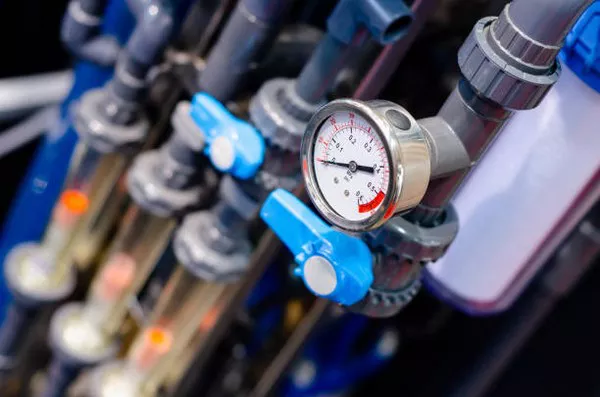In the dynamic landscape of modern industries, the significance of instrumentation cannot be overstated. As technological advancements continue to reshape the way we approach various processes, instrumentation stands as a cornerstone for precision, efficiency, and safety. This article delves into the pivotal role that instrumentation plays in diverse sectors, elucidating why it is an indispensable component in the contemporary industrial milieu.
Precision and Accuracy:
One of the primary reasons why instrumentation holds paramount importance in industries is its ability to provide precision and accuracy in measurements. Whether in manufacturing, healthcare, or research and development, accurate data is the linchpin for informed decision-making. Instruments, such as sensors, analyzers, and gauges, play a crucial role in ensuring that processes are finely tuned and deviations are detected promptly.
In manufacturing, for instance, instrumentation facilitates the maintenance of stringent quality standards by enabling real-time monitoring of production parameters. This ensures that products meet specifications consistently, reducing waste and enhancing overall efficiency. In the pharmaceutical industry, precise instrumentation is indispensable for dosage accuracy and adherence to regulatory requirements, safeguarding both patient well-being and industry compliance.
Efficiency and Process Optimization:
Instrumentation is instrumental in optimizing processes across various industries, contributing to enhanced efficiency and resource utilization. By providing real-time data on variables such as temperature, pressure, flow rates, and chemical compositions, instruments enable operators and engineers to make prompt adjustments to ensure optimal conditions. This not only improves the overall efficiency of the processes but also minimizes downtime and reduces energy consumption.
For instance, in the energy sector, instrumentation plays a pivotal role in optimizing power generation processes. Monitoring parameters such as turbine performance, fuel efficiency, and emissions allows for proactive maintenance, reducing the likelihood of unexpected breakdowns and ensuring a continuous and reliable power supply. Similarly, in water treatment plants, instruments aid in optimizing chemical dosages, ensuring water quality compliance while minimizing the use of resources.
Safety and Risk Mitigation:
Safety is a paramount concern in any industrial setting, and instrumentation serves as a crucial tool for risk mitigation. By continuously monitoring critical parameters and providing real-time alerts, instruments contribute to the early detection of potential hazards, enabling swift intervention to prevent accidents.
In the petrochemical industry, for example, instrumentation is indispensable for monitoring volatile substances, detecting leaks, and ensuring that processes are within safe operating limits. The integration of safety systems with advanced instrumentation allows for automatic shutdowns in the event of anomalies, averting catastrophic incidents and protecting both personnel and assets.
Data-driven Decision Making:
The era of data-driven decision-making has ushered in a new paradigm for industries, and instrumentation plays a pivotal role in this transformation. The wealth of data generated by instruments provides valuable insights into operational trends, allowing businesses to make informed decisions and optimize their strategies.
In agriculture, for instance, the use of precision farming techniques relies heavily on instrumentation. Sensors that monitor soil moisture, temperature, and nutrient levels provide farmers with real-time data, enabling them to optimize irrigation, fertilization, and planting schedules. This not only enhances crop yields but also contributes to sustainable farming practices by minimizing resource use.
Compliance and Regulatory Standards:
In today’s complex regulatory landscape, adherence to industry standards and government regulations is non-negotiable. Instrumentation is integral to ensuring compliance with these standards by providing accurate and verifiable data that attests to the quality and safety of processes and products.
In the pharmaceutical and food industries, for example, precise instrumentation is indispensable for meeting the stringent requirements of regulatory bodies. Instruments such as spectrophotometers, chromatographs, and mass spectrometers are employed to validate the quality and purity of pharmaceuticals and food products, ensuring they meet the established standards for safety and efficacy.
Conclusion:
In conclusion, the importance of instrumentation in modern industries cannot be overstated. From precision and accuracy to efficiency, safety, data-driven decision-making, and compliance, instrumentation permeates every facet of industrial operations. As technology continues to advance, the role of instrumentation will only become more pronounced, driving innovation, sustainability, and the overall progress of industries worldwide. As businesses navigate the complexities of the contemporary industrial landscape, investing in state-of-the-art instrumentation is not just a choice but a strategic imperative for success.

